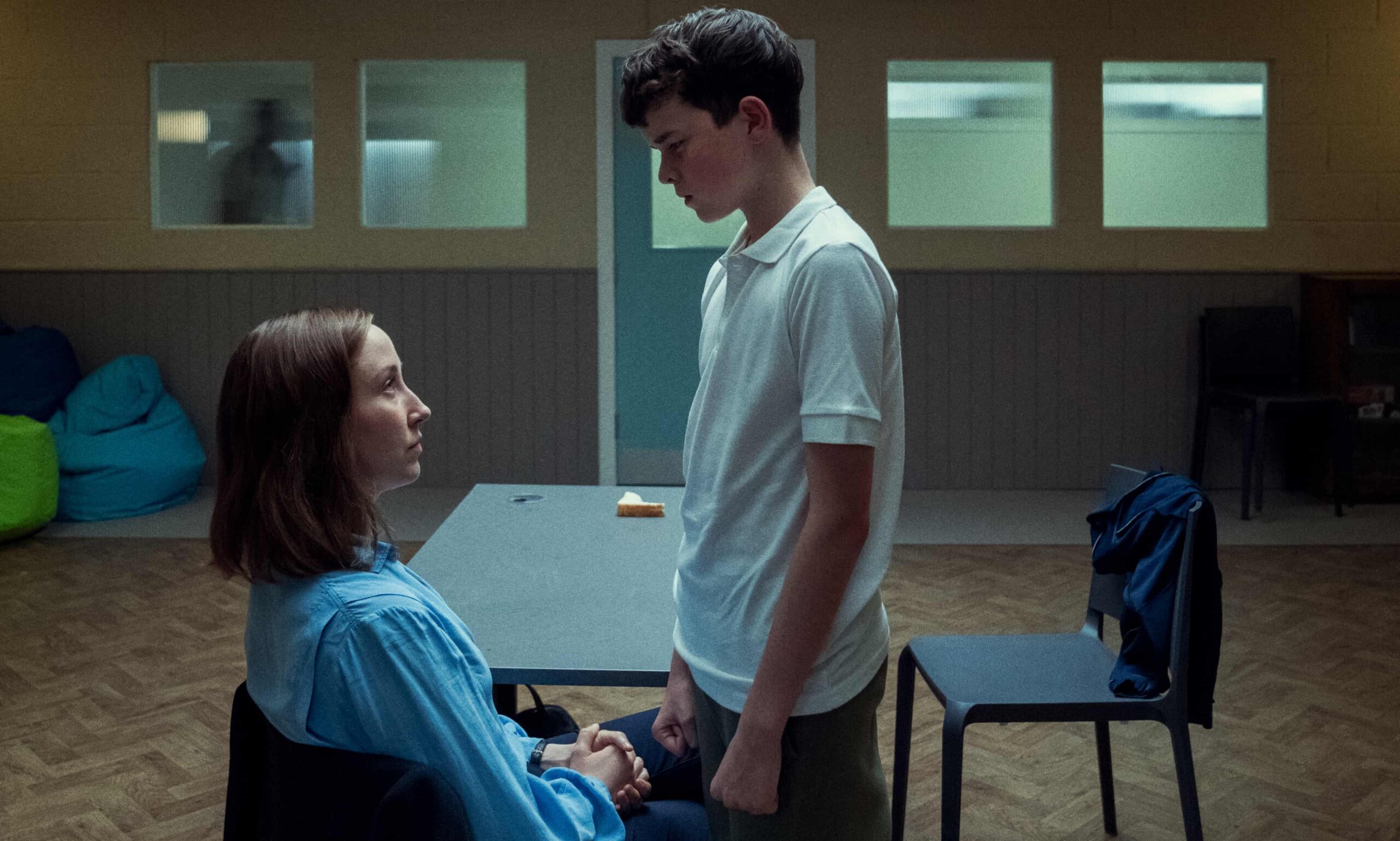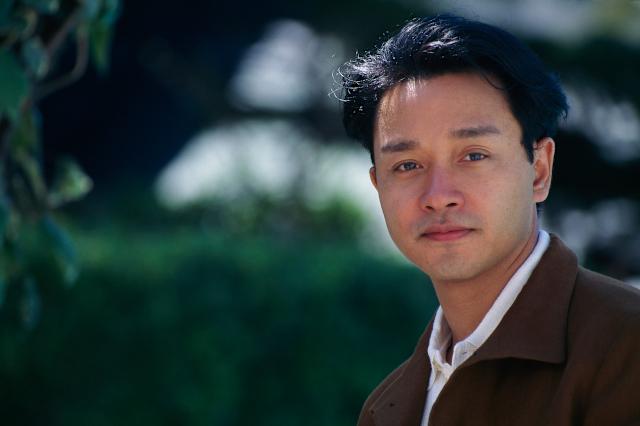Netflix’s latest British drama Adolescence has taken the UK by storm, becoming one of the most talked-about series in recent weeks. The gripping four-part mini-series delves into the dark realities of teenage violence, cyberbullying, and toxic masculinity—issues that have resonated deeply with audiences, sparking widespread discussion across social and political spheres.
A Story That Hits Home
Set in modern-day Britain, Adolescence follows 13-year-old Jamie Miller, a troubled schoolboy accused of murdering his classmate Katie. As the story unfolds, the series paints a harrowing picture of the pressures young people face in the digital age, from social media harassment to the dangerous influence of toxic male peer groups.
The show’s raw and unsettling portrayal of teenage aggression has struck a nerve with viewers, with many parents voicing concerns about raising boys in today’s online culture. One viewer described the series as “terrifyingly real,” admitting it had made her fearful about raising sons in a world where male violence is so pervasive.
Political and Public Reactions
The impact of Adolescence has extended beyond entertainment, prompting discussions at the highest levels of government. UK Prime Minister Keir Starmer recently acknowledged the series in Parliament, stating that he and his family had watched it and that it raises “important questions about modern masculinity and youth violence.” Labour MP Anneliese Midgley has since called for the series to be shown in schools and even in Parliament, to spark dialogue on issues such as misogyny and bullying.
Meanwhile, education experts and social commentators have debated whether the UK’s school system is adequately addressing these issues. Some argue that Adolescence should be used as an educational tool to help young people understand the consequences of toxic behaviour, while others worry it may sensationalise violence.
A Cultural Moment
Beyond its gripping drama, Adolescence has become a cultural flashpoint, forcing Britain to confront uncomfortable truths about youth violence, online radicalisation, and the challenges of modern parenting. The show’s widespread impact suggests that, for many, these issues are all too real.
As debates continue to unfold, one thing is clear: Adolescence is more than just a TV show—it’s a national conversation.


